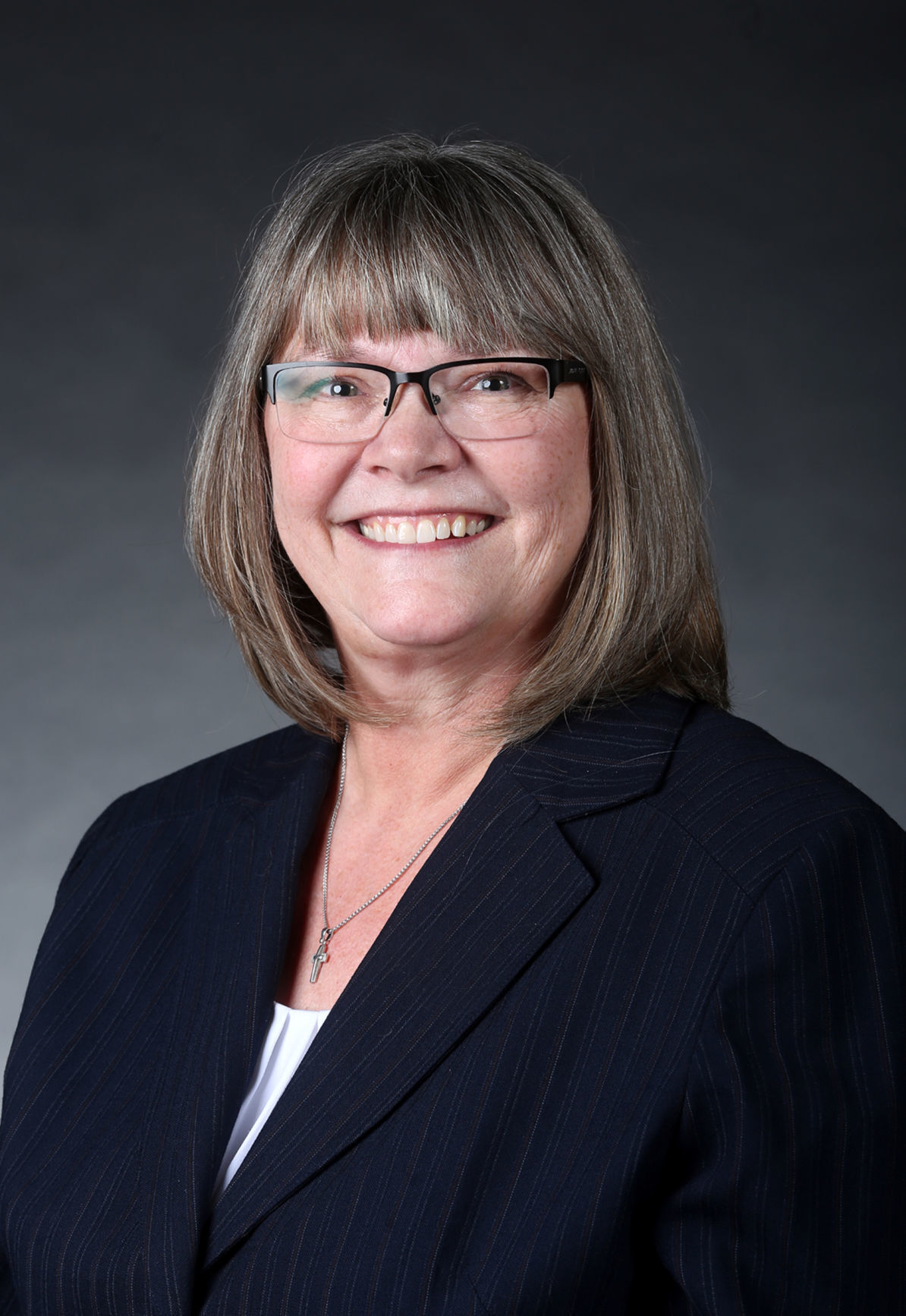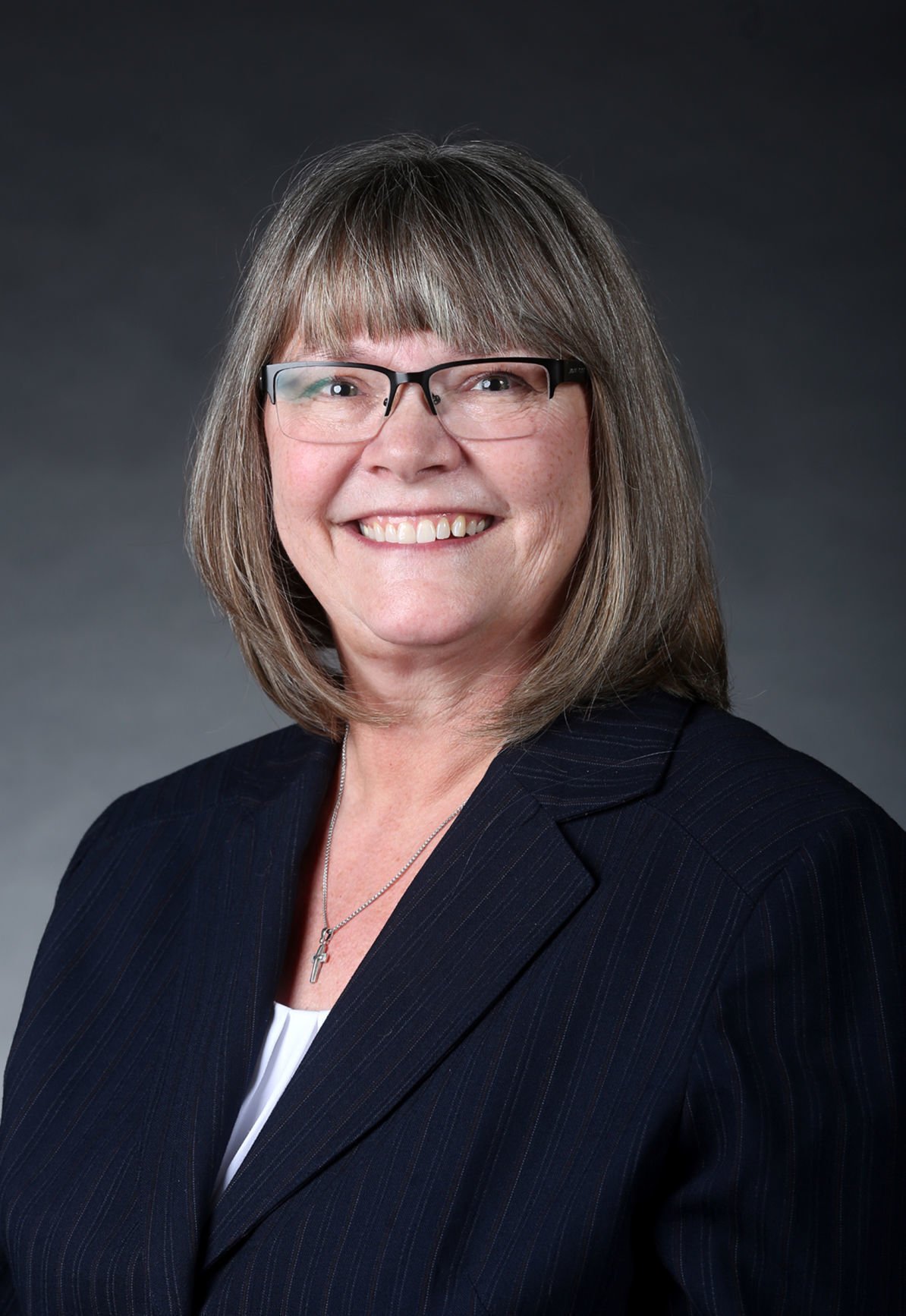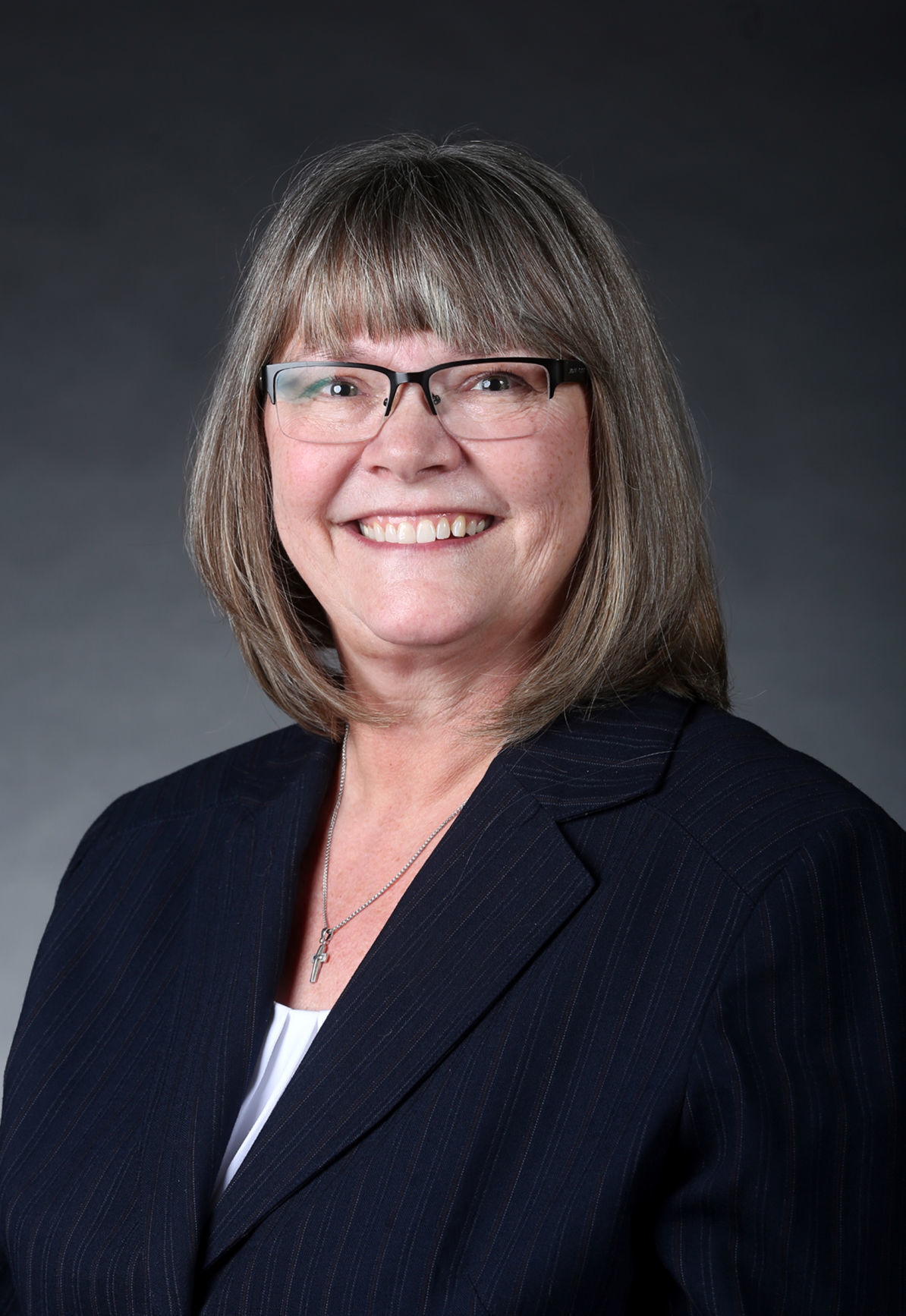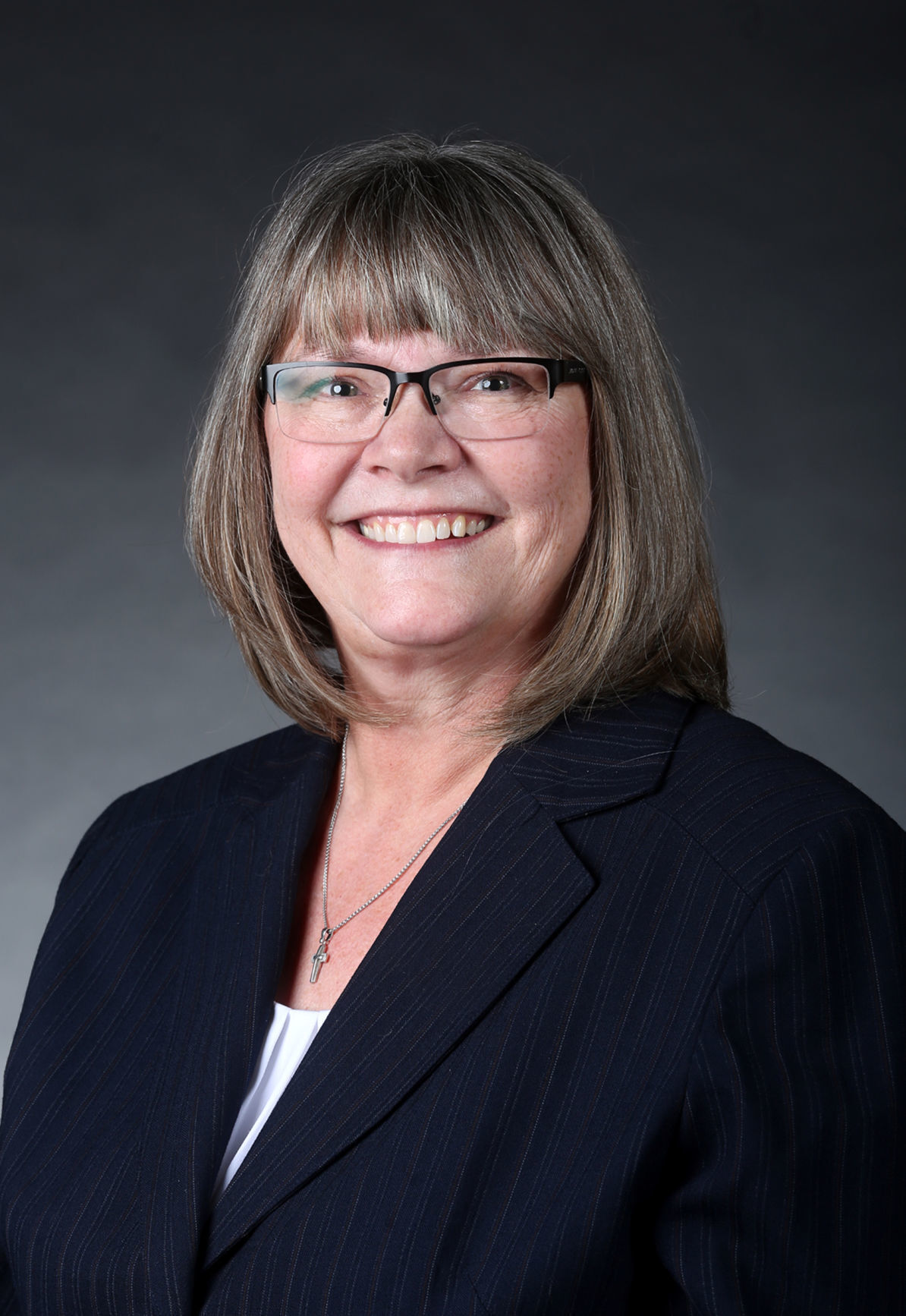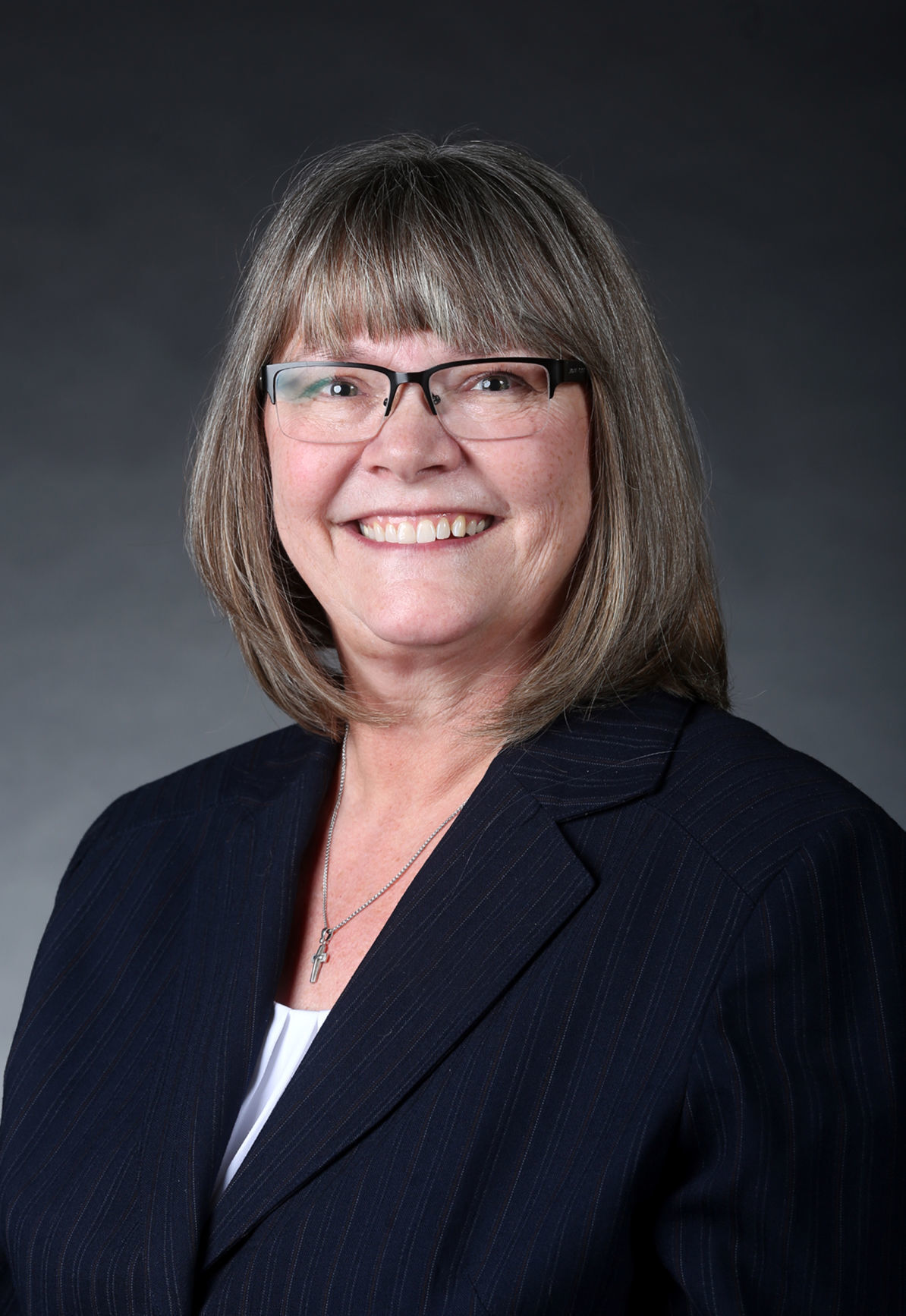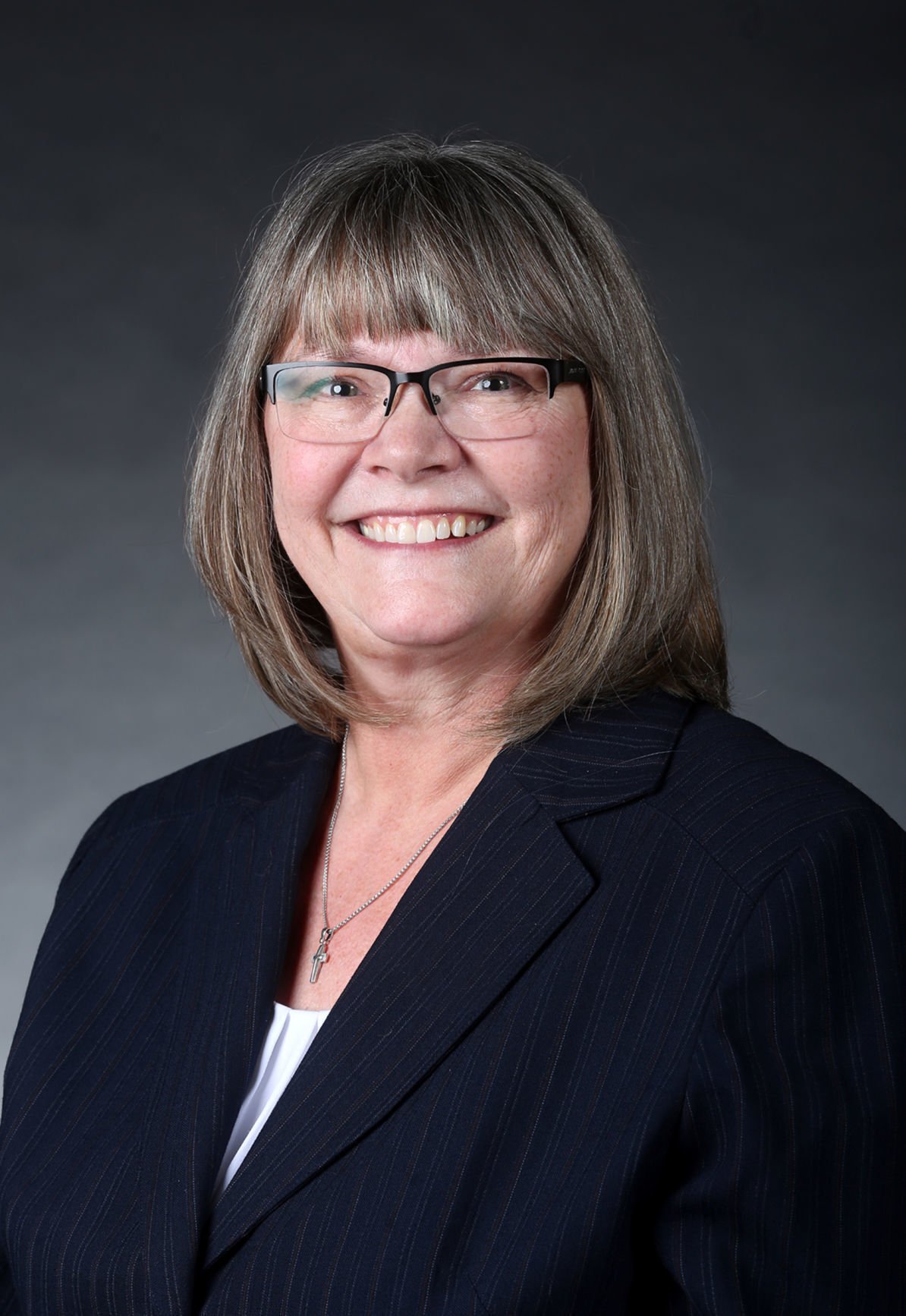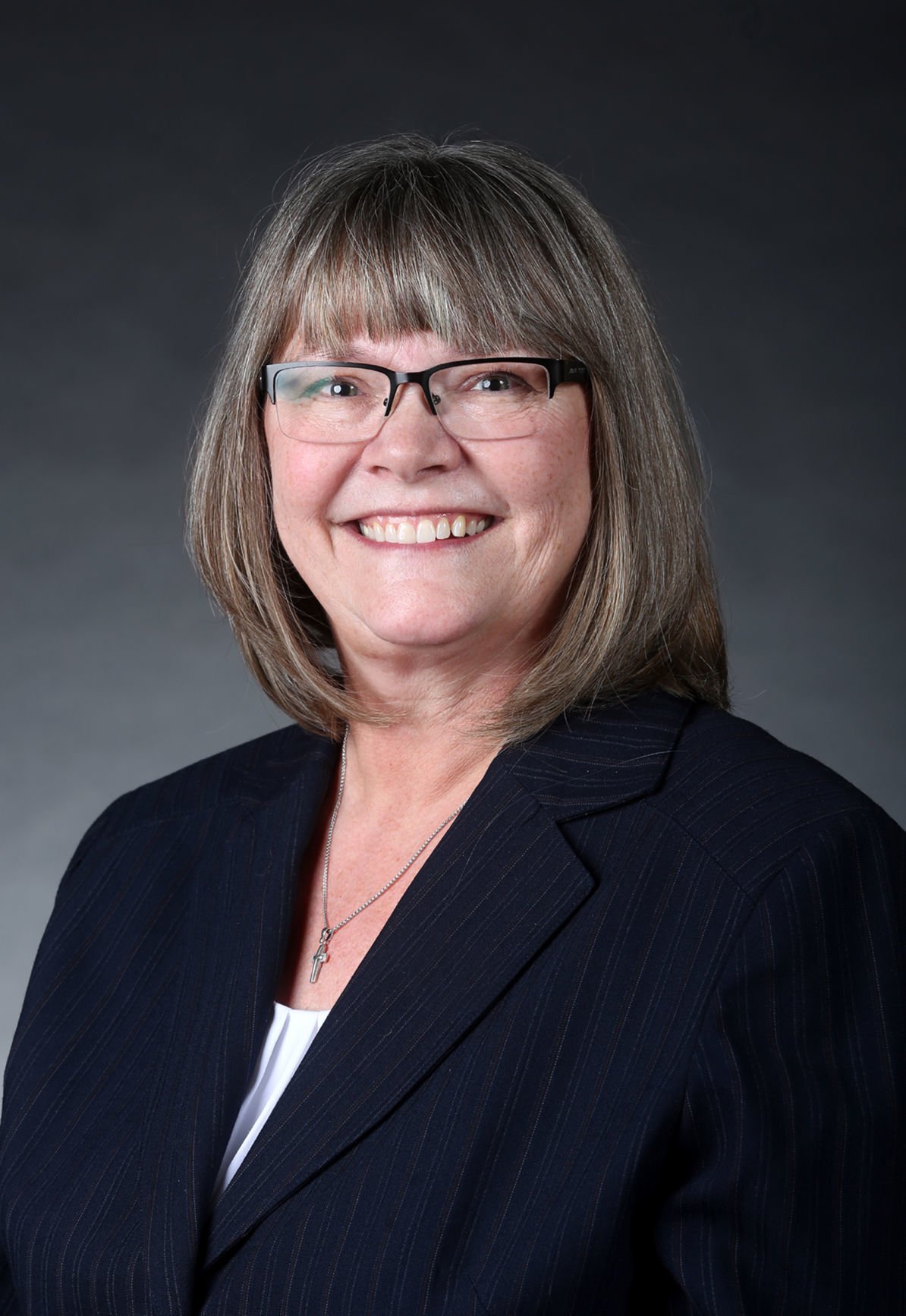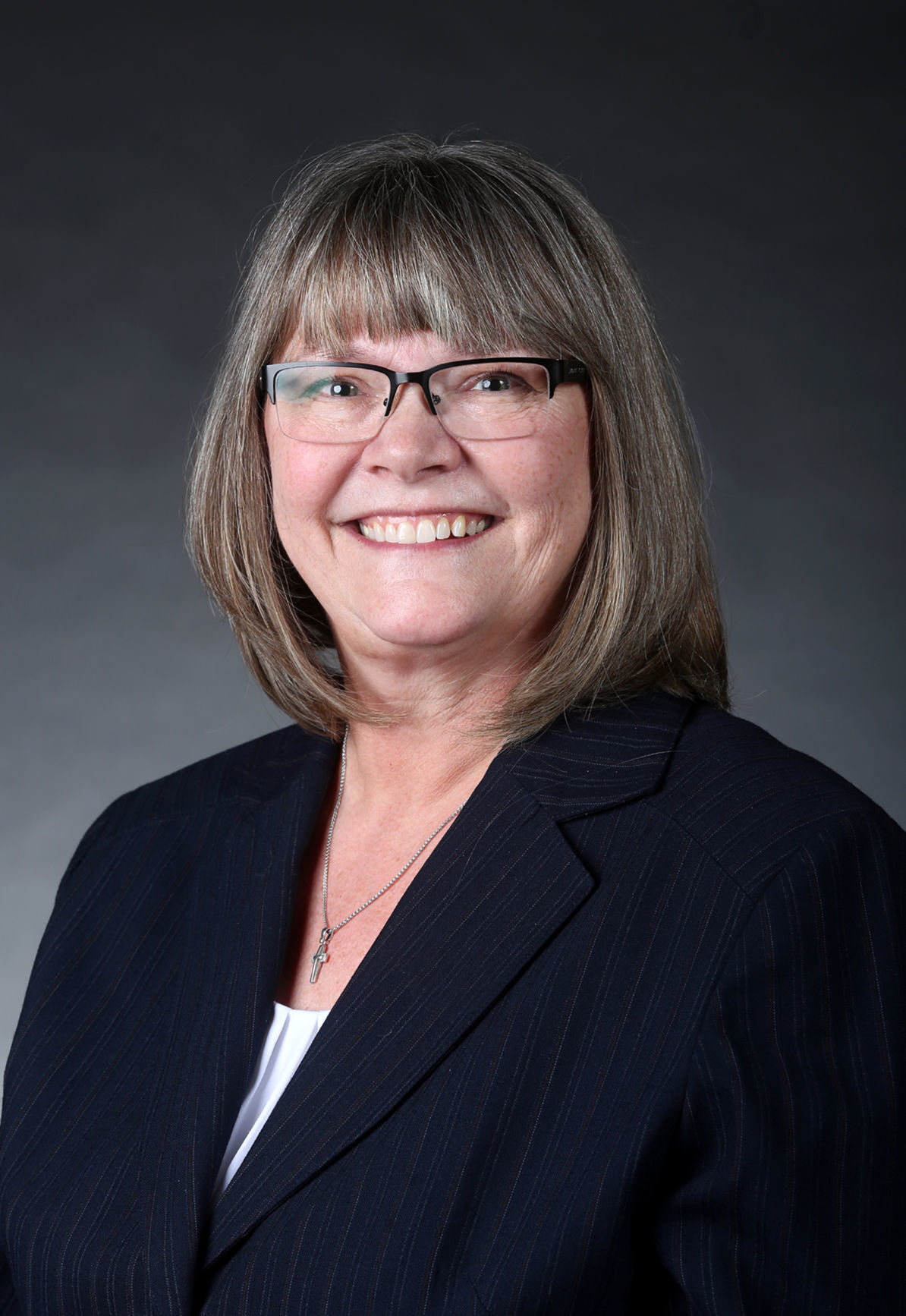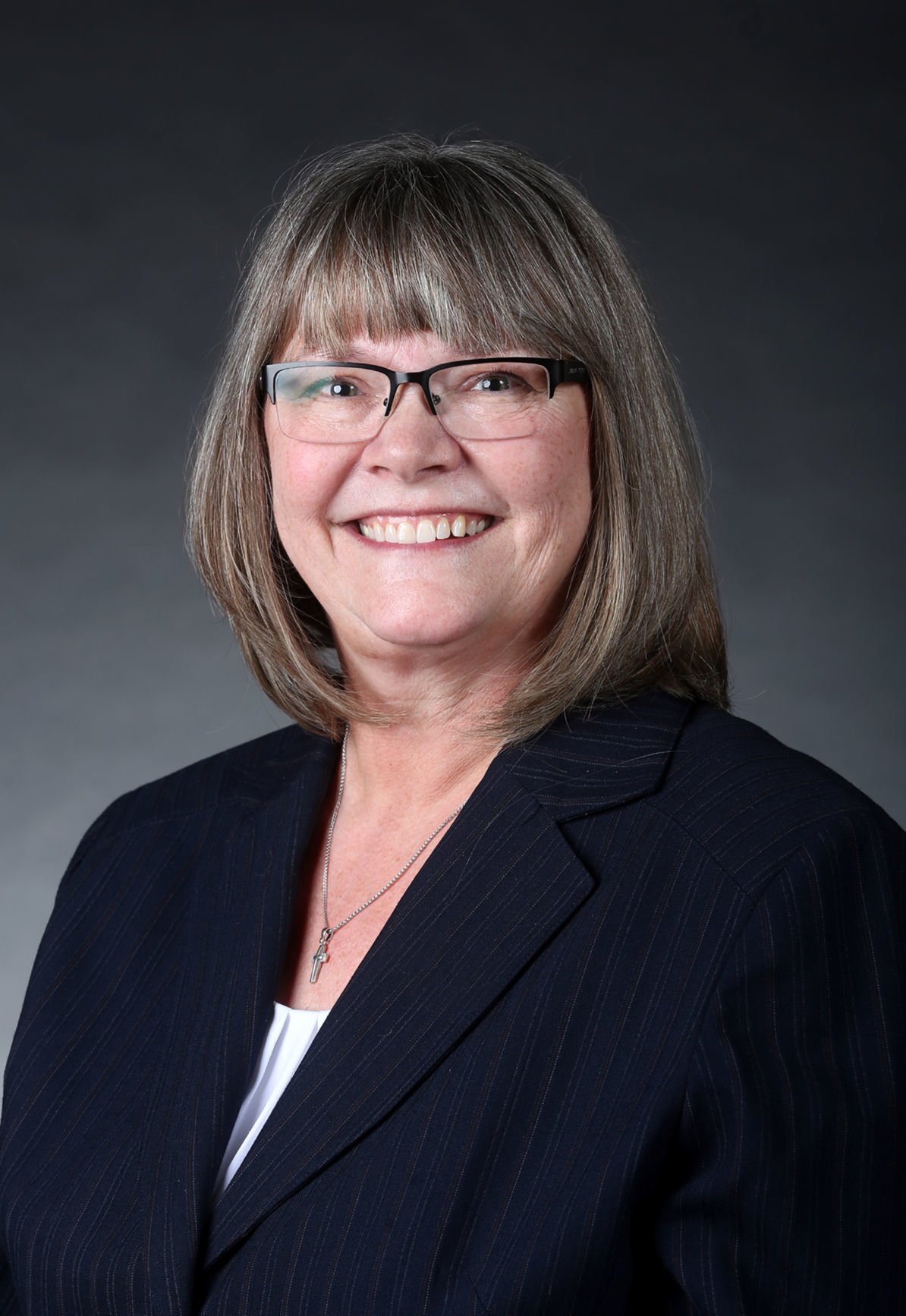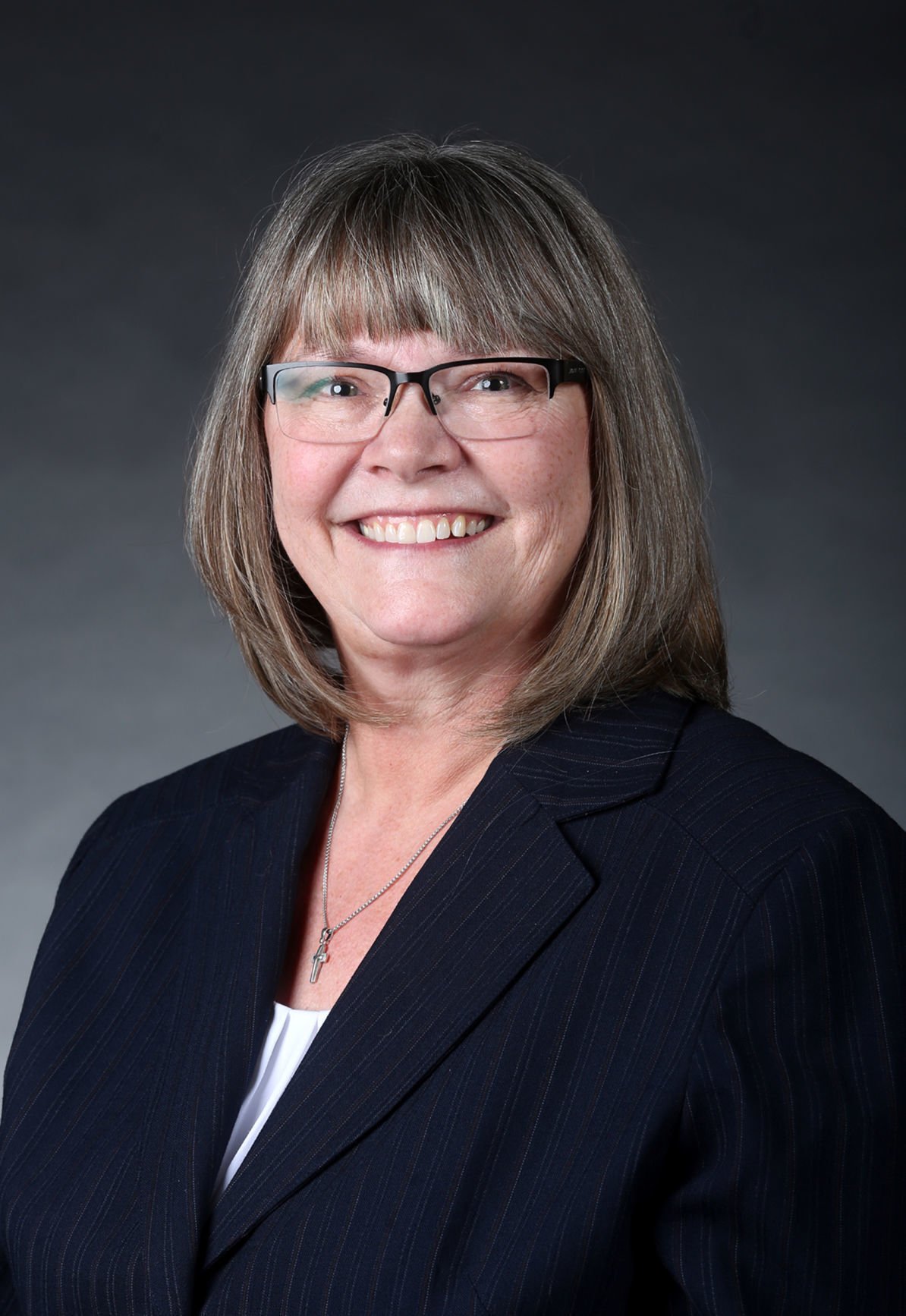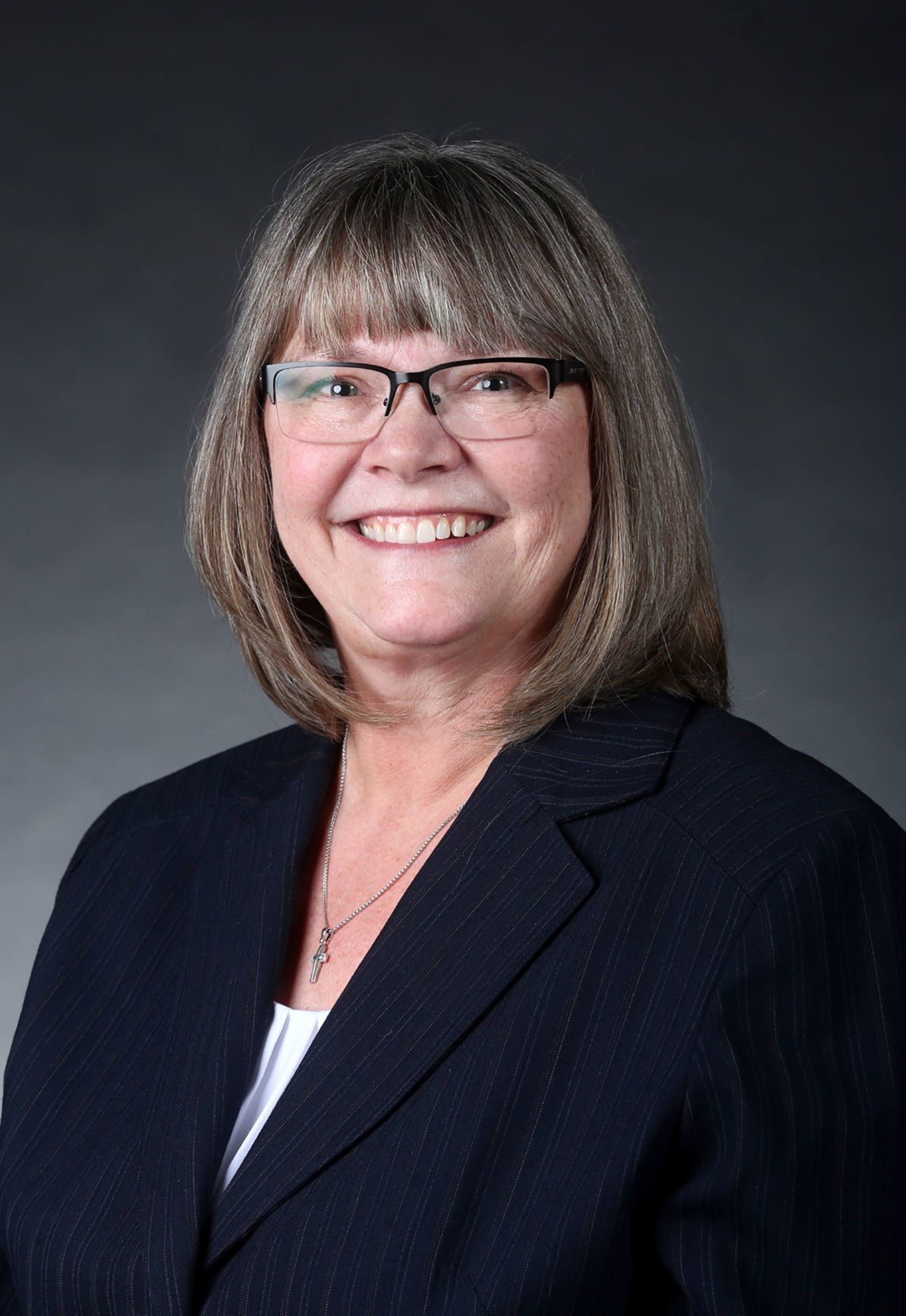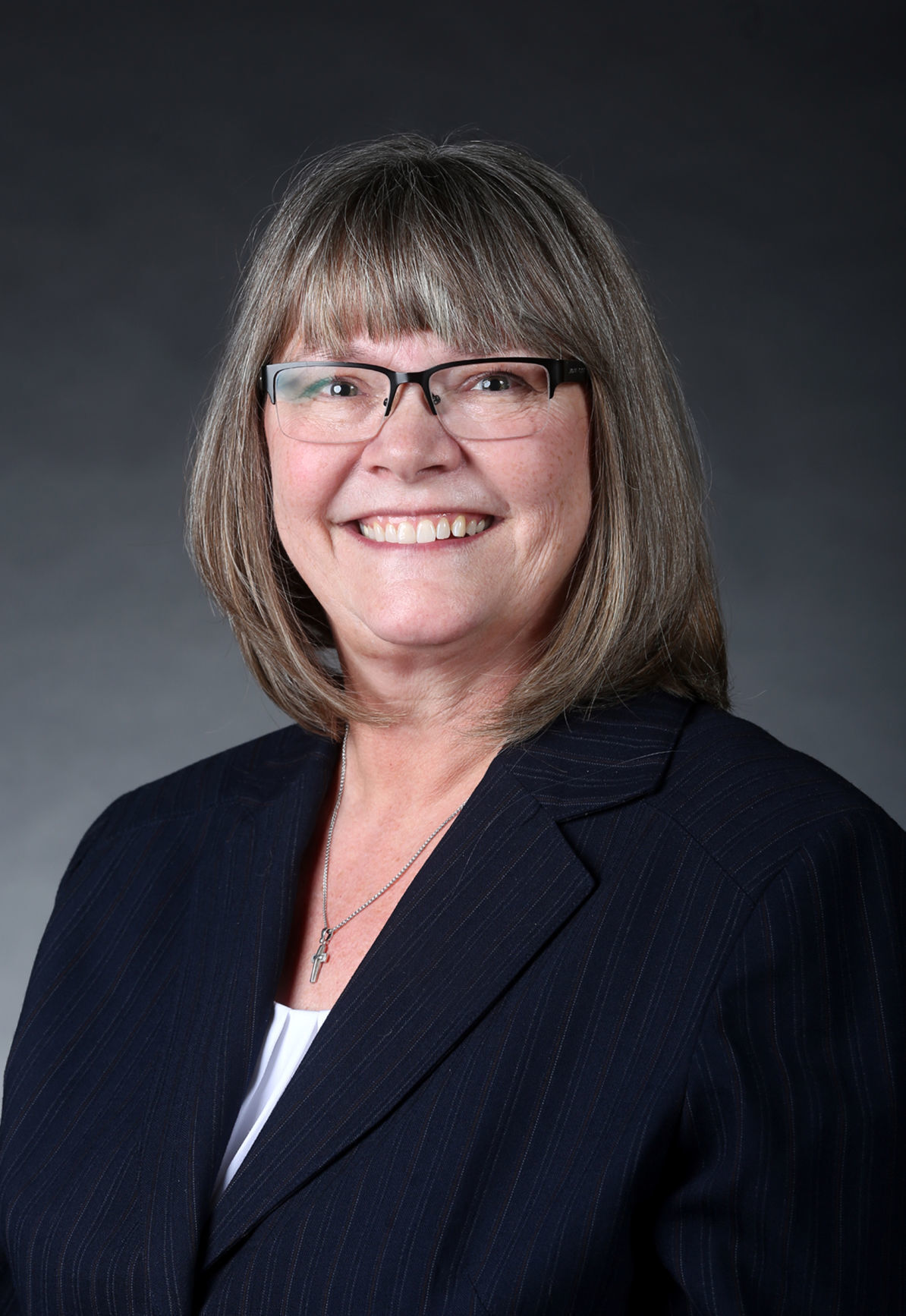One of my biggest passions in life is to help caregivers learn new skills.
When I ask them what kinds of new skills or perspectives they would like to learn, the answer usually is the same: They want to learn more about being the best caregiver they can be. They want this out of devotion to their loved one and the desire to make sure their family member receives the best care possible.
When the opportunity presents itself, I ask them to trust me to select the content of the next lesson. And if they yield, I know I can make a big difference. I promise them that the content is in their loved one’s best interest and their best interest. I tell them that it probably is the most important skill they will ever learn in caregiving.
I now have their interest and their commitment to learn this transformational skill. I tell them that the skill we will be focusing on is self-care. The student typically is surprised, but we proceed with the lesson. It goes something like this:
Your health is sacred
You are important to yourself and your family. In addition, the person with dementia would be lost without you.
I usually ask the question, “If something happened to you, where would your loved one be in their journey?”
That usually takes a minute to process. Then, they want to learn what they need to do. They know in their heart they are taking care of two souls — theirs and the one they love.
We start with the lessons of staying active, eating healthy food, stress management and getting good sleep. We take every advantage of principles of wellness in every way.
Keep a good attitude
Do not blame yourself or your loved one for the challenges that you both are encountering. The disease is the cause, and it is nobody’s fault. You also cannot control the journey. You only can focus on the things that you can control.
I find the best caregivers are the people who know to work through the challenges and find a solution. Try to stay optimistic and know that this time is important. Try to focus on quality of life. Try to focus on joy. Live your life intentionally. Keep a good attitude for both of you. It will make all the difference.
Learn to accept help
Your family and friends can be of great help. It is important for you to accept help, even if it is for an hour or two, so you can take care of yourself.
Keep a list of activities that your loved one enjoys. Have it “on the ready,” so when people offer to help, you have ideas of favorite ways to spend time.
A second list to keep is that of chores and errands. Family, friends and neighbors often ask to help, and you could have this list on the refrigerator and have them review your pending duties. Let them choose something that they would enjoy doing for you.
Dedicated time to yourself
It is essential that you make time for yourself. This will allow you to spend time with other people, enjoy your hobbies that rejuvenate you and, most importantly, decompress, destress and enjoy yourself.
A two-hour period away from caregiving can provide the same benefit of a vacation? It doesn’t take long to get away, but you must do it on a regular and consistent basis.
In addition, I recommend you plan two extended periods away each year. It could be a long weekend or a week. Every caregiver needs respite.
Seek expert advice
Always try to improve the quality of your life and that of your loved one. In order to do this, you will read, seek advice, join support groups and enhance your practice of caregiving.
Be creative. Be resilient and work through the challenges of your day. There are experts in the field, so seek them out and learn all that you can from them.
Self-care is fundamental to caregiving. If you know the importance of self-care, you and your love one will live a good and enjoyable life.
I leave you with this quote from Lucille Ball: ”Love yourself first, and everything else falls in line. You really have to love yourself to get anything done in this world.”
Laura Nissen is an Alzheimer’s Association volunteer who advocates for those with memory disorders. She works with families to help them learn the skills of caregiving. She also serves as a community educator, caregiver support group leader and Memory Café leader for the Alzheimer’s Association.


